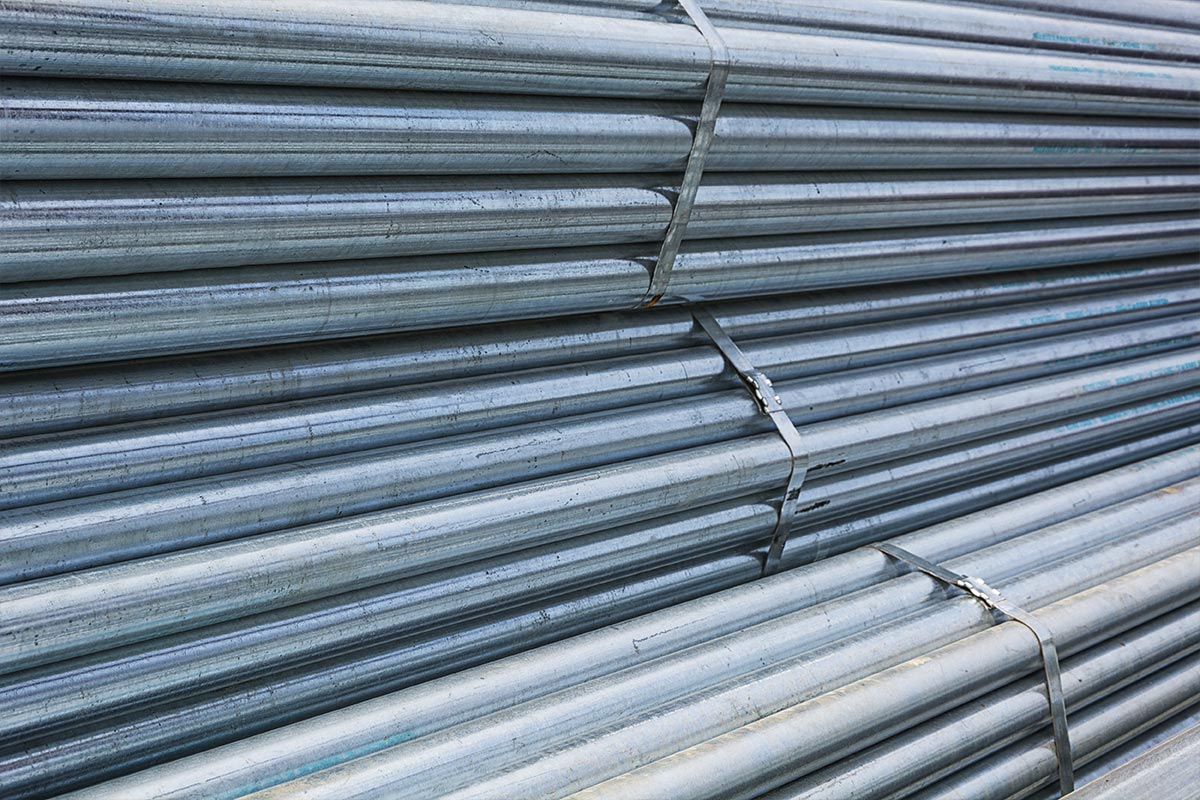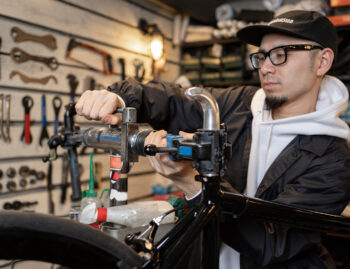
ZAES needle valves are devices used in a wide variety of industrial and laboratory applications to control the flow of fluids, especially where precise regulation and tight shut-off are required.
The choice of the right material to manufacture needle valves is of utmost importance, as different materials offer different chemical, mechanical and corrosion resistance properties.
In this comprehensive development, we will explore the main materials used in the manufacture of needle valves and their relevant characteristics.
Stainless steel:
Stainless steel is one of the most common materials for the manufacture of needle valves due to its corrosion resistance and durability.
Stainless steel alloys, such as 316, are particularly popular because of their resistance to corrosion in aggressive environments.
They are used in applications involving corrosive fluids, high pressure gases and extreme temperatures.
Brass:
Brass is a copper-zinc alloy that is prized for its ease of machining and relatively low cost.
Used in applications where corrosion resistance is not critical and a more economical option is needed.
Monel:
Monel is a nickel-copper alloy that offers excellent corrosion resistance in marine and chemical environments.
It is used in applications involving strong acids, salt solutions and corrosive environments.
Hastelloy:
Hastelloy alloys, such as Hastelloy C-276, are known for their resistance to a wide range of highly corrosive chemicals, including strong acids and halides.
They are ideal for applications in the chemical and chemical processing industry.
Titanium:
Titanium is valued for its light weight and high corrosion resistance, especially in marine environments.
It is used in applications requiring exceptional corrosion resistance and where weight is a concern, such as the aerospace industry.
Engineering Plastics:
Engineering plastics such as PTFE (polytetrafluoroethylene) and PEEK (polyetheretheretherketone) are used in applications involving highly corrosive chemicals and high temperatures.
They are known for their excellent chemical resistance and ability to operate in extreme conditions.
Aluminium:
Aluminium is used in applications where a lightweight and economical option is required.
It is not as corrosion resistant as some other materials, so it is used in less demanding applications.
Ceramics:
Ceramic needle valves offer exceptional chemical resistance, high temperature and wear resistance.
They are used in demanding applications such as the chemical industry and pharmaceutical manufacturing.
Glass Plates:
Although less common, glass needle valves are ideal for applications requiring high corrosion resistance and full process visibility.
Nickel alloys:
Apart from Monel and Hastelloy, nickel alloys such as Inconel offer outstanding resistance to corrosion and oxidation at high temperatures.
They are used in applications involving high temperatures and corrosive environments, such as the energy industry.
Carbon steel:
Carbon steel is an economical but less corrosion resistant option. It is used in applications where exceptional corrosion resistance is not required.
It may be a suitable option for low-cost, low-corrosion applications.
Cobalt alloys:
Cobalt alloys, such as Stellite, offer corrosion and wear resistance in high temperature and high pressure applications.
They are commonly found in needle valves used in the oil and gas industry.
Phosphor Bronze:
Phosphor bronze is a copper alloy with a high phosphorus content, which improves its corrosion resistance.
It is used in applications where good electrical conductivity and corrosion resistance is required, such as in valves in electrical equipment.
Tantalum:
Tantalum is highly resistant to corrosion in a wide range of chemical environments and is known for its high chemical stability.
It is used in chemical processing and chemical manufacturing applications.
Aluminium-Copper alloys:
Aluminium-copper alloys, such as aluminium 7068, offer an excellent combination of mechanical strength and corrosion resistance.
They are used in high pressure and high strength applications in the aerospace industry.
Reinforced Glass:
In addition to glass needle valves, fibre-reinforced glass valves are used for chemical applications where transparency and corrosion resistance are required.
Thermosetting Plastics:
Thermoset plastics such as PVDF (fluorinated polyvinylidene) and PFA (perfluoroalkoxy) offer chemical and thermal resistance in chemical processing applications.
Technical ceramics:
In addition to ceramics, materials such as silicon carbide and silicon nitride are used in needle valves for high temperature and corrosion applications.
Graphite:
Graphite is a suitable material for applications involving high temperatures and aggressive chemicals, due to its corrosion resistance and high thermal conductivity.
Fiberglass Reinforced Polypropylene:
This material offers resistance to corrosion and abrasion, making it suitable for chemical and processing applications.
Beta Titanium alloys:
Beta titanium alloys, such as Ti-15V-3Cr-3Al-3Sn, are known for their corrosion resistance in saline and acidic environments.
Superduplex:
Superduplex is a stainless steel alloy with high corrosion and erosion resistance, making it suitable for offshore and subsea applications.
Cobalt-Nickel based alloys:
These alloys, such as MP35N, are used in medical and cryogenic valve applications due to their resistance to corrosion and extremely low temperatures.
The choice of material for a needle valve still depends on the specific conditions of the application, including temperature, pressure, nature of the fluid and cost constraints.
Proper selection ensures optimum performance and long service life of needle valves in a wide variety of industries and applications.
